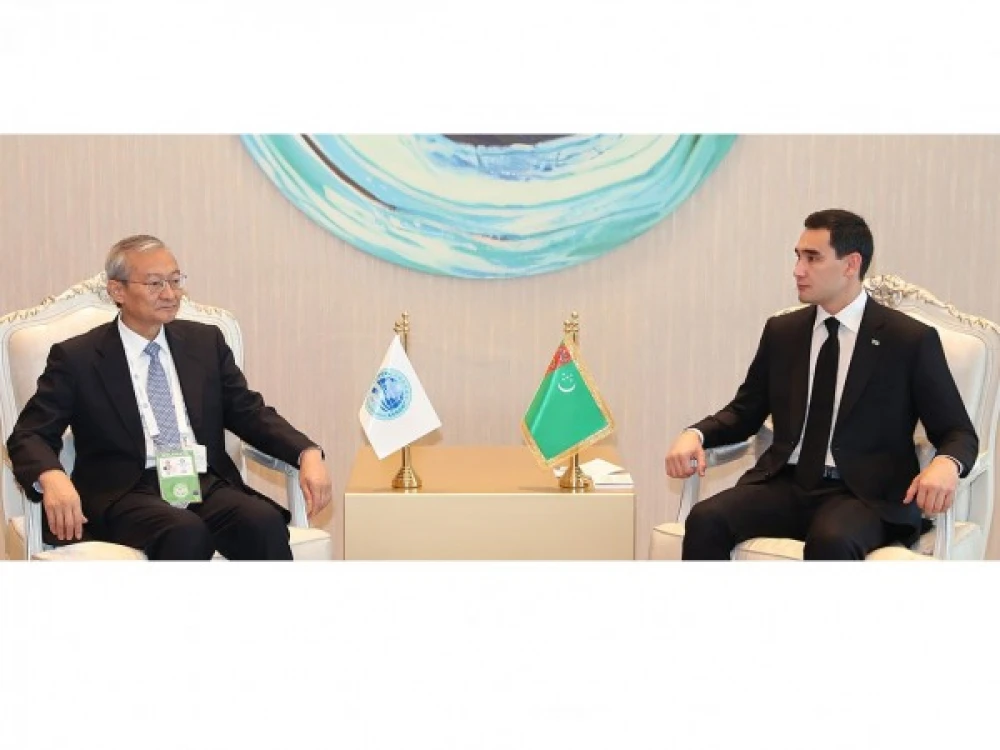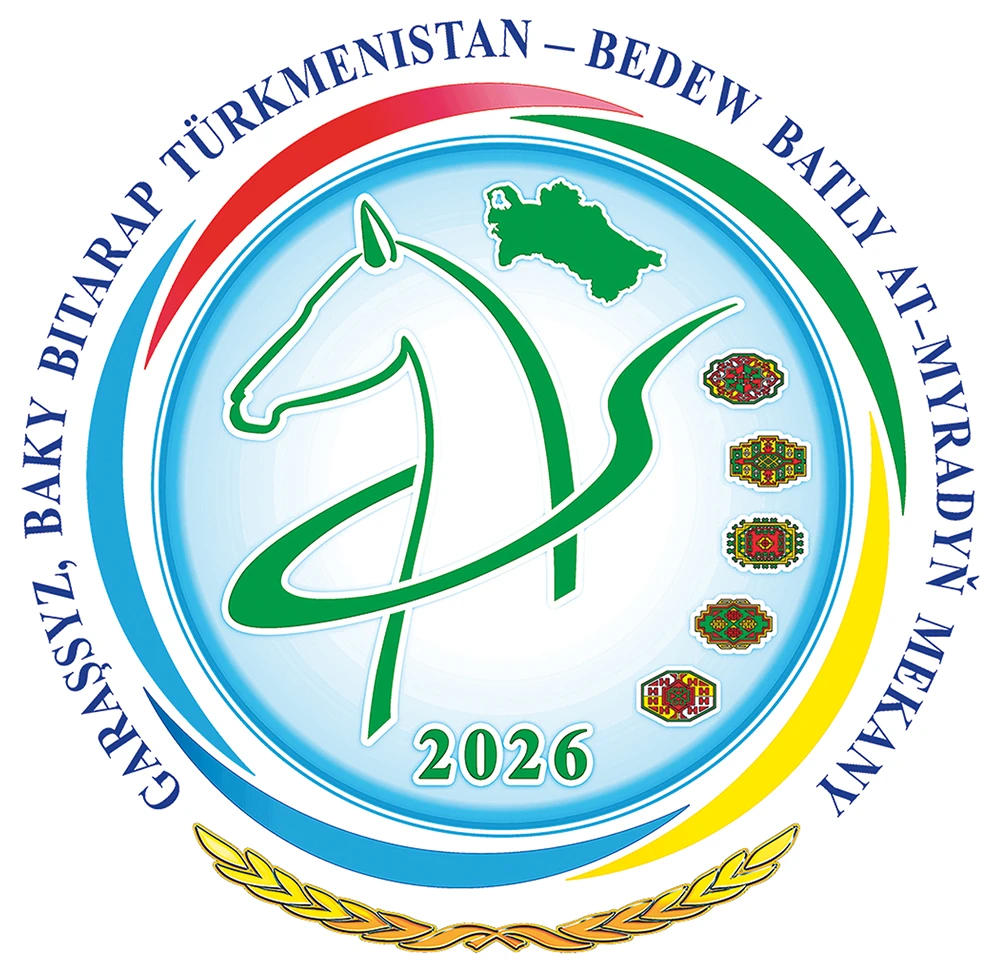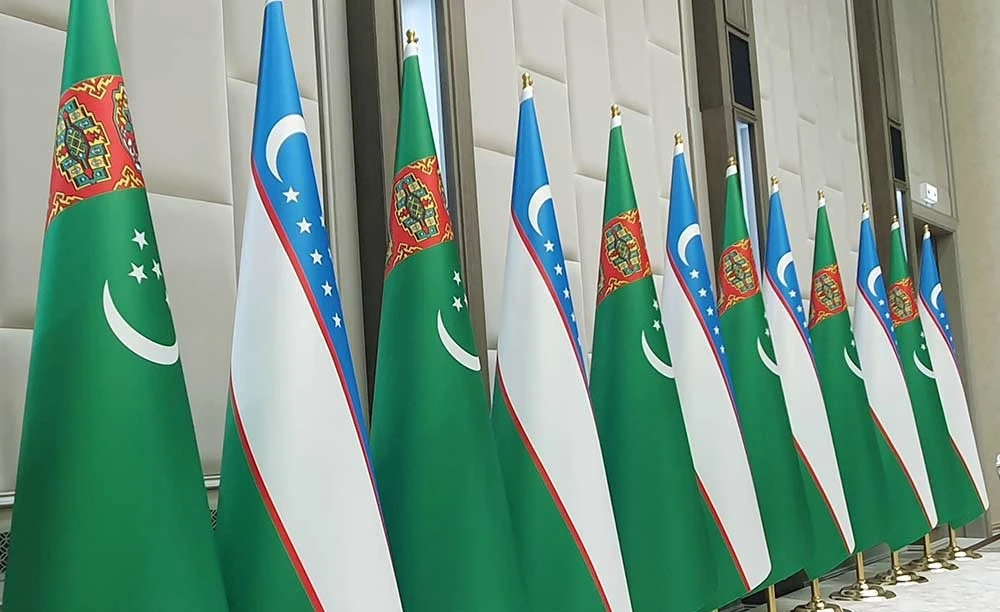
02/07/2024
1505
Turkmenistan and Shanghai Cooperation Organization
The Shanghai Cooperation Organization (SCO) stands as a pivotal entity in Eurasia, fostering political, economic, security cooperation across a diverse region. Originally established to address regional security concerns, the organization has evolved to enhance economic collaboration and promote cultural exchanges among its member states. Founded in 2001 by China, Russia, Kazakhstan, Tajikistan and Uzbekistan, the Shanghai Cooperation Organization has steadily expanded both in scope and in membership. It underscores its growing influence and importance.
Economic development and energy diplomacy are pivotal to Turkmenistan’s interactions with SCO. The country possesses vast natural gas reserves, positioning it as a crucial energy supplier in the region.
Turkmenistan’s strategic goal of diversifying its energy export routes aligns seamlessly with the SCO. Turkmenistan’s commitment to enhancing regional connectivity and economic integration is underscored by the iinitiatives such as the Turkmenistan-Afghanistan-Pakistan pipeline, as well as other transport corridors.
Cultural exchange forms another vital pillar of Turkmenistan’s engagement with the SCO. Participating in cultural forums and events organized by the SCO allows Turkmenistan to showcase its rich heritage and foster mutual understanding among member and observatory states. This cultural diplomacy not only strengthens Turkmenistan’s soft power but also contributes to a shared sense of identity and cooperation within the region. Humanitarian collaboration, including educational and healthcare initiatives, further solidifies these bonds.
Relationship of Turkmenistan with the SCO is poised to evolve in the future. As geopolitical dynamics change and new challenges arise, Turkmenistan may increasingly recognize the value of deepening cooperation with the SCO. This could involve more active participation in economic projects. increasing cultural exchanges, and collaborative security efforts. By conducting such collaborations in line with its positive neutrality policy, Turkmenistan can make significant contributions to regional stability and development. Especially in the economic sphere, cooperation between Turkmenistan and SCO member states can open new avenues that support both the country’s and the region’s economic development. Diversifying energy wealth of Turkmenistan and accessing different markets are critical for economic growth and stability. Energy agreements and infrastructure projects with SCO member countries enhance economic potential and strengthen regional integration. Furthermore, improving cooperation with the SCO in logistics and transportation will accelerate regional trade flows and support economic growth not only for Turkmenistan but also for the entire region. Developing new trade corridors and logistics centers will create economic opportunities. Future Cooperation of Turkmenistan with the SCO could also present new opportunities in areas such as digital economy, renewable energy, and technological innovation. Joint projects in these areas could diversify contribution of Turkmenistan to sustainable development goals. In conclusion, by maintaining its policy of positive neutrality while actively participating in regional cooperation, Turkmenistan promotes comprehensive regional development and stability. This harmonious balance serves as a model for other countries seeking to reconcile sovereignty principles with demands for regional and global engagement.
Lachyn ANNACHARYYEVA,
the 2nd year student of the Faculty of International Economic Relations of the
Institute of International Relations of the
Ministry of Foreign Affairs of Turkmenistan.


